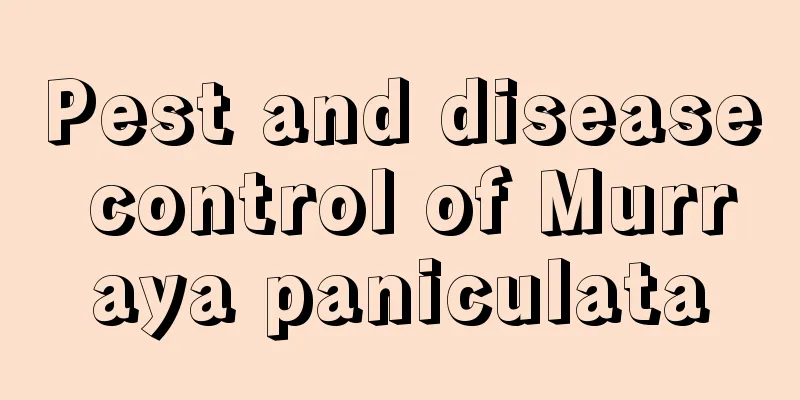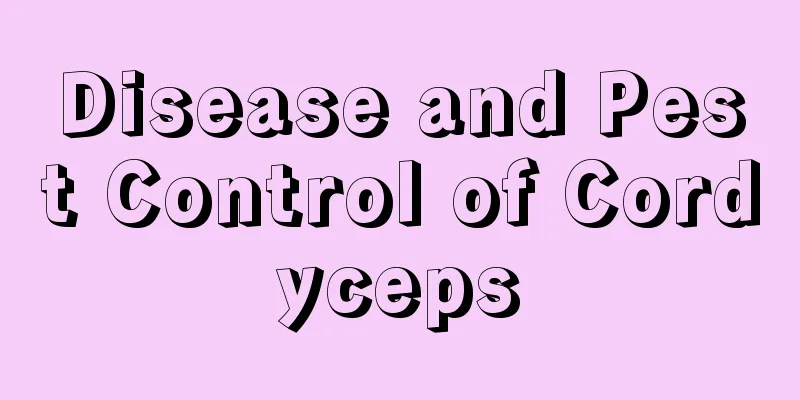Common diseases and pests of chives and their control methods

Common diseases and prevention methodsDowny MildewThe disease can occur at any stage from seedling to harvest, with mature plants being more severely affected. It mainly harms the leaves, spreading from the base to the upper leaves. In the early stage of the disease, light yellow, nearly circular to polygonal spots form on the leaf surface, which are easily complicated by angular spot disease. When the air is humid, a frosty mildew layer forms on the back of the leaves, which can sometimes spread to the leaf surface. In the later stage, the spots wither and become yellow-brown in color. In severe cases, all the outer leaves turn yellow and die, similar to Verticillium wilt. Prevention and control methods: When the disease is mild, spray HILOT Kaishuang at a dilution of 400-600 times, once every 5-7 days; when the disease is severe, spray HILOT Kaishuang at a dilution of 100-300 times, once every 3 days. The specific number of applications depends on the disease. Botrytis cinereaThe seedlings infected with gray mold are light in color, and the leaves and petioles are grayish white and water-soaked. The tissues soften and rot, and gray mold grows on the surface when the humidity is high. Young stems often initially develop irregular water-soaked spots at the base of the petiole, which quickly become soft and rotten, and then shrink or break. Finally, the diseased seedlings rot, wither and die. Prevention and control methods: Use 50% isoprodinil diluted 1000-1500 times for spraying, once every 5 days; using it twice in a row can effectively control the disease and make the symptoms disappear. Common Pests and Control MethodsOnion MaggotsOnion maggots are a general term for the larvae of several pests in the family Muscidae. Onion maggots like plants with pungent smells such as onions, ginger, and garlic. They feed on their tender roots or stems. They usually cause damage in spring and autumn. The root maggots that damage onions are mainly onion flies. Prevention and control methods: Use 200 times the concentration of 5% high-efficiency cyanamide to irrigate the roots; or use 100 times the concentration of dichlorodiphenyltrichloroethane to irrigate the roots, both are very effective. LeafminerThe eggs of the leaf miner are white, oval, and 0.9 mm × 0.3 mm in size. The mature larvae are about 7.5 mm long, wrinkled, and dark yellow in color. The pupa is about 5 mm long and oval in shape. It is light yellowish brown at first, then turns reddish brown, and becomes dark brown before emerging. Prevention and control methods: Understand the peak period of adult insects and spray pesticides in time to prevent adult insects from laying eggs. Adults mainly lay eggs on the back of leaves, so the pesticide should be sprayed on the back of the leaves. Or spray pesticides to control the larvae when the damage just occurs. Spray 2 to 3 times in a row to control the larvae. The pesticide can be 1000 times diluted 40% Dimethoate Emulsifiable Concentrate. |
<<: Common diseases of lilac and their prevention and control methods
>>: Common diseases and prevention methods of cucumbers grown on the balcony
Recommend
Effects and contraindications of honeysuckle
1. The efficacy of honeysuckle 1. Antibacterial a...
How to prune red pine? Pruning time and method points
Pine pruning time In order to keep the red pine t...
The secret method of using leaves to root Clivia
1. Select the leaves One thing to note when choos...
What is the reason for the leaves of dragon bone to turn yellow and fall off?
1. Solution to yellow leaves 1. Reduce watering: ...
Can the crape myrtle tree be transplanted in autumn? When is the best time to transplant it?
Can the crape myrtle tree be transplanted in autu...
How many varieties of ivy are there?
1. Irish Ivy It is the most common variety and is...
Use the "fruit peel" to make fertilizer water, the green radish will grow taller and the leaves will be shiny green!
What kind of plants do you grow at home? I believ...
Can roses survive if they are cut in spring?
1. Soil Insertion 1. If you are planting it in th...
Why doesn't gardenia bloom?
Gardenia is loved by flower lovers for its bloomi...
What to do if the roots of Phoenix Bamboo are rotten
How to determine root rot First, you need to look...
Early Spring Carrot Planting Time and Method
Early spring carrots are carrot varieties that ar...
How to raise a smooth sailing
1. Breeding environment 1. Light: The plant canno...
When is Cassia Seed Harvested?
Cassia seed harvest time Cassia seed usually bloo...
Osmanthus tree cultivation methods and precautions
The sweet-scented osmanthus tree , with its fragr...
Lemon Growth Environmental Conditions and Characteristics
Lemon growing environment conditions and requirem...









